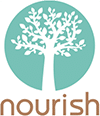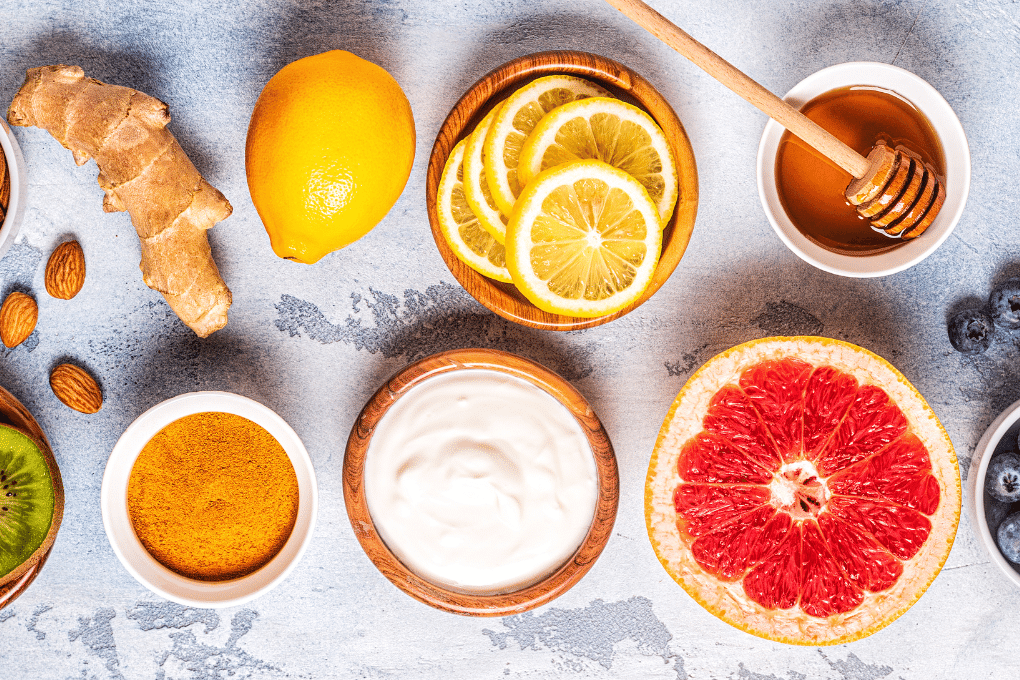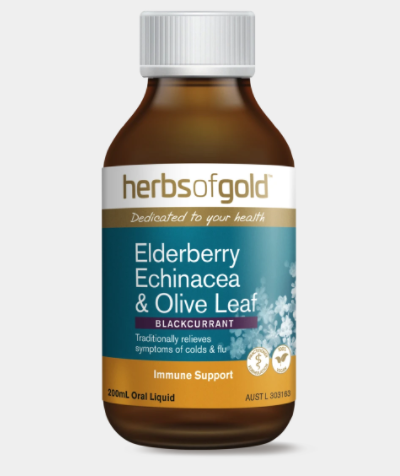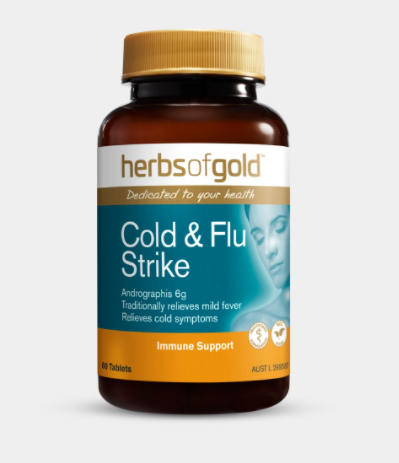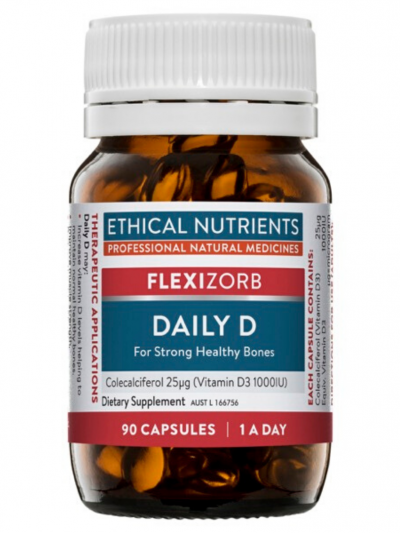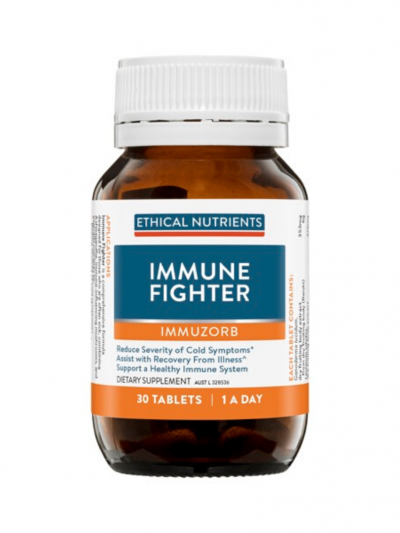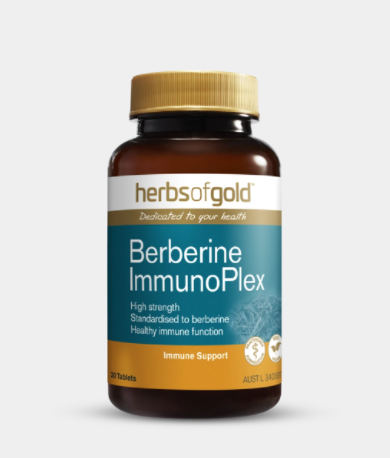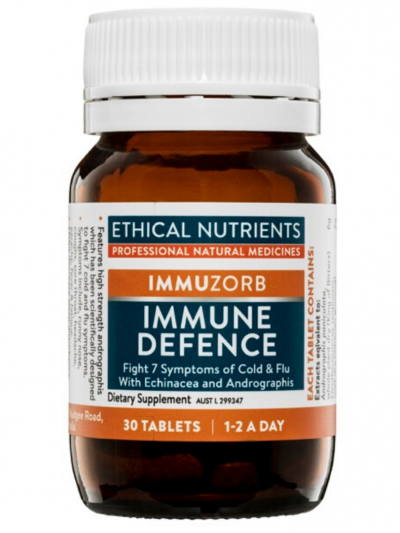Nourish Health Food Pharmacy, Family Health, Nutrition
10 natural immune boosters for the family
When a family member gets struck with a virus, the rest of the family are more than likely to present with some symptoms too. Fortunately, there are some natural immune boosters including herbs, nutrients, diet and lifestyle factors. These immune boosters may assist in reducing the severity and length of these symptoms so you can get back to feeling healthy in no time.
If you are pregnant or breastfeeding head over to our blog on how to boost your immune system while pregnant.
We are now in the midst of winter in Australia, and in store we are seeing lots of people who are coming down with colds, flus and coughs. On average, adults can catch the common cold 2 to 4 times per year, whereas children can get up to 10 a year!
A common misconception we are hearing in the pharmacy is that over-the-counter cold and flu tablets can help get rid of a cold, but this is not the case. Pharmaceutical cold and flu tablets can help alleviate the symptoms you are presenting with to help you feel better in the short term, but do not help to fight the virus off or support your immune system. This is where certain nutrients and herbs come in handy.
Here are 10 natural immune boosters that may help protect your family this winter…
1. Diet
Your diet may be the most important out of all the natural immune boosters. It is important that we support our immune system through diet and lifestyle, especially during these cooler months when we are more susceptible to these viruses. Ensuring that we are eating a plant-rich diet to gain benefits from all the vitamins and minerals within these foods is a great starting point.
The nutrients found in these foods help your immune system function and optimises your body’s ability to fight off infections. However, sometimes when we do feel a bit unwell, we need stronger support from good quality supplements to nip the virus in the bud.

2. Lifestyle Modifications
Next on the list of natural immune boosters is lifestyle modifications. These are important to implement alongside a healthy diet:
- Staying well hydrated. Aim to drink around 2 litres a day!
- Managing your stress to reduce the load on your immune system.
- Exercising for 30 minutes a day. Even if you are feeling a bit unwell, a relaxing walk or yoga routine can be beneficial.
Let’s have a look at some nutrients and herbs that have been shown to assist with reducing the severity and length of cold and flus:
3. Vitamin C
Vitamin C is probably the most well-known nutrient out of all the natural immune boosters. It is a potent antioxidant that helps reduce oxidative stress in the body.
Regular consumption of high vitamin C foods such as oranges, kiwi fruit, capsicum, broccoli, and berries should ensure your supplies are well and truly stocked.
However, if you do feel like you are coming down with something then taking a good quality Vitamin C supplement may help.
4. Vitamin D
Vitamin D is a fat soluble vitamin that is important for numerous functions in the body, one of those being to support immune defence and regulation. We can source Vitamin D from the sun, however, in winter the UV is often not high enough for us to get sufficient amounts, therefore supplementation may be required.
D3 is the most effective form to supplement, as it is activated and is the form used by the body. Before reaching for a supplement though, it might be a good idea to know your blood levels by getting a blood test.
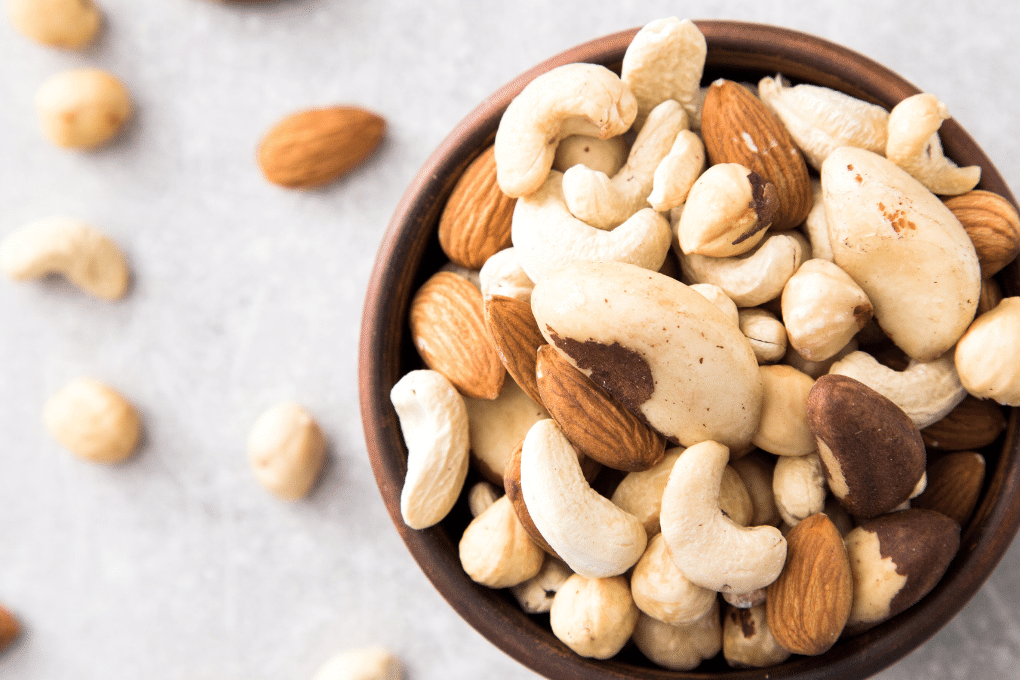
5. Zinc
Zinc is a mineral that is great for all types of healing, including immune health and recovery. You can find this mineral in most animal products, as well as beans, nuts, and seeds in lower quantities.
Zinc goes hand in hand with vitamin C, and you will find a lot of immune support supplements will contain these two in high amounts. Zinc does need to be taken with food as it can cause nausea on an empty stomach and shouldn’t be taken long term in high doses.
6. Andrographis
Andrographis is a herb that stimulates the immune system. It can be helpful to reduce the severity of infections but should only be taken if you have got symptoms, not for prevention.
7. Astragalus
Astragalus is a herb that can be used as prevention against acute illnesses. If a family member, colleague, or someone around you is sick, astragalus is a great supplement to take to stop you from getting ill too.
8. Echinacea
Echinacea has an anti-viral and anti-microbial effect and may increase the number of white blood cells to help fight infection and support the immune system. Echinacea is also safe for young children to take and is often recommended to boost their immune system.
We do however like to check with people who suffer from asthma if they have had echinacea before. This is because in some rare cases it can trigger asthma.
9. Elderberry
Elderberry is a fruit that is packed with antioxidants and vitamins such as vitamin C. It helps to strengthen your immune system and optimise the immune response. Small doses are generally safe for young children too.
10. Medicinal mushrooms and probiotic strains
Other supplements that may be beneficial are medicinal mushrooms and the probiotic strains Lactobacillus rhamnosus and Lactobacillus acidophilus. These have been shown to help with immunity and reduction of sickness length. Probiotics are another safe option for children to take.
In summary
It can be overwhelming to determine which supplement may be right for you. At Nourish we are more than happy to help you find one that will be most helpful for your individual needs.
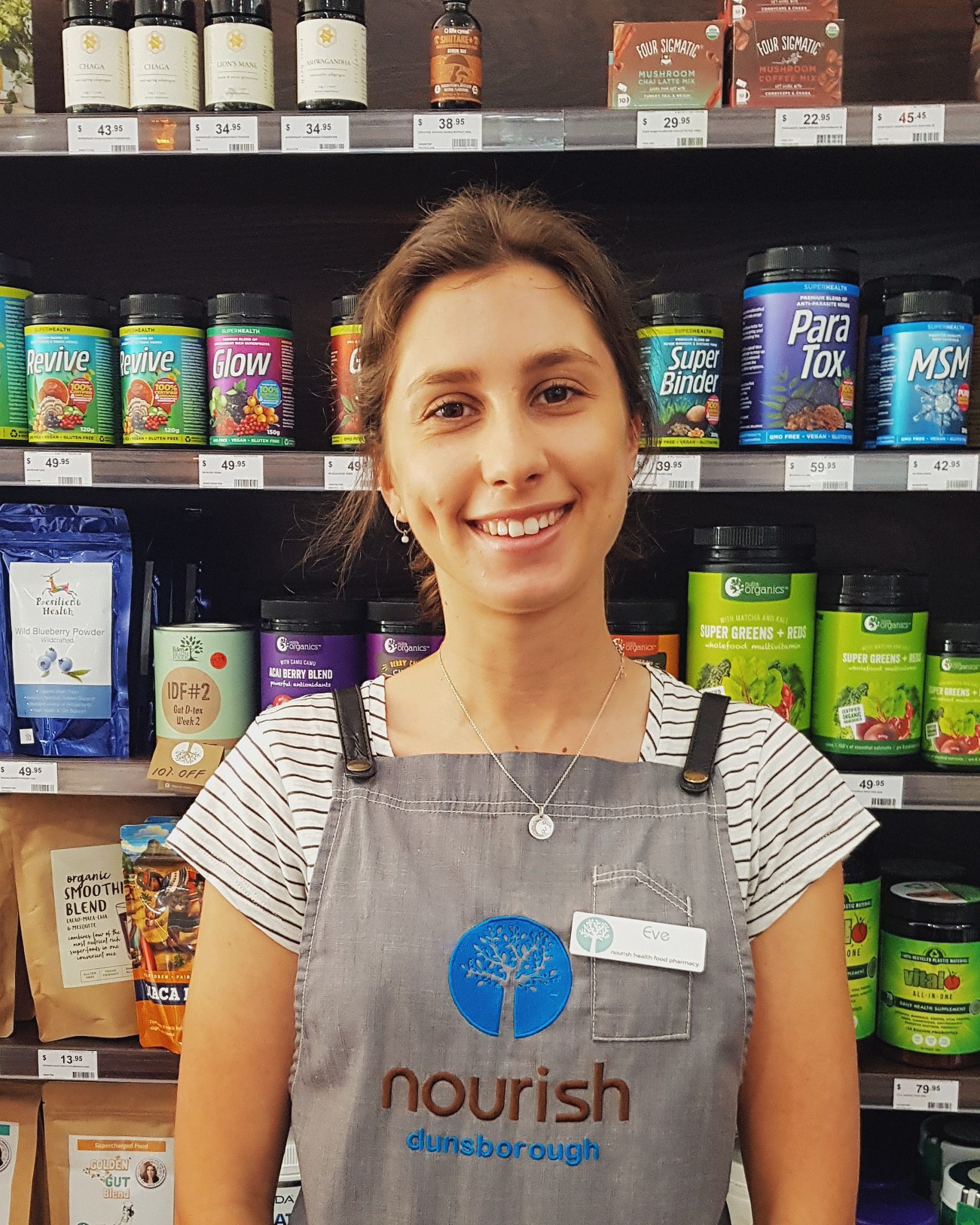
Eve Bishop
Nutritionist
This blog post was written by Eve Bishop, Nutritionist at Nourish Health

